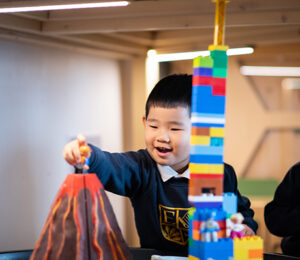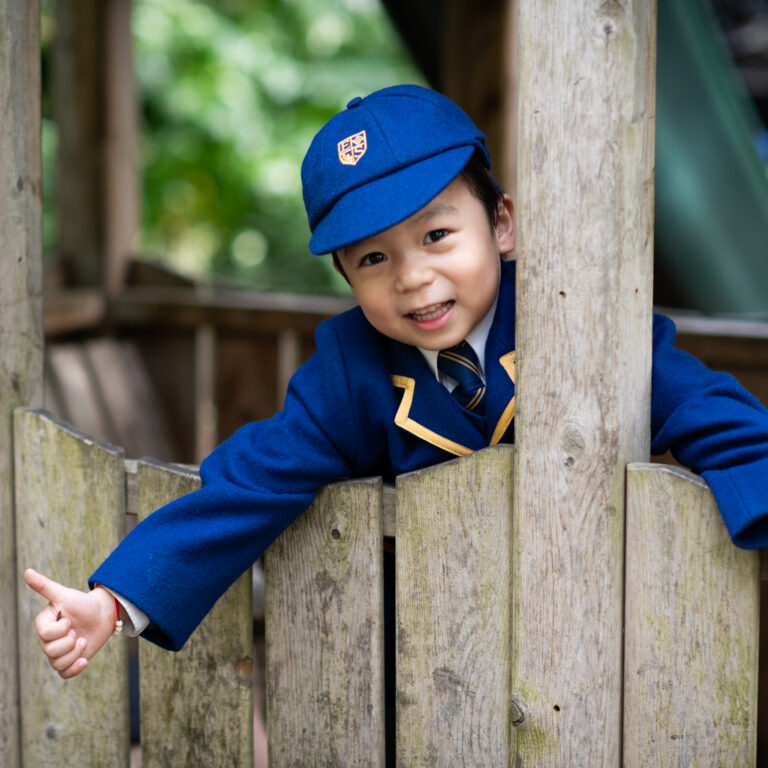In a busy city, like London, nature offers children more than fresh air – it builds resilience, wellbeing, and a love of learning.

Why It Matters
Outdoor play supports:
- Physical Development – Activities such as climbing, running, and balancing help develop both gross and fine motor skills.
- Communication and Language – Outdoor environments encourage storytelling, role-play, and rich conversations. Children also expand their vocabulary through social interactions in nature.
- Personal, Social, and Emotional Development – Group play and risk-taking outdoors foster turn-taking, cooperation, and resilience.
- Literacy – Storytelling in nature and exposure to environmental print (e.g., signs, labels) support reading and writing skills.
- Maths – Children count natural objects, compare sizes, and explore patterns found in nature.
- Understanding the World – Nature walks, bug hunts, and gardening activities teach children about life cycles, seasons, and habitats.
- Expressive Arts and Design – Natural materials inspire creative expression, whether building dens, making art, or engaging in imaginative role-play.
It also nurtures early wellbeing, which research shows is key to long-term achievement and happiness. Children thrive when they feel safe, supported, and stimulated – and nature provides all three.
Sensory Power
Nature engages all five senses, boosting brain development and mindfulness – both vital for emotional wellbeing and self-regulation. Here are three simple ideas to try with your little one:
- Nature Walk and Listening Game – Encourage your child to walk slowly and listen carefully for birdsong, rustling leaves, or distant sounds. This helps develop attention and auditory awareness.
- Barefoot Path – Create a safe path using different textures such as grass, sand, pebbles, and bark. Invite your child to walk barefoot and describe how each surface feels. If your child isn’t speaking yet, model simple vocabulary like “soft,” “bumpy,” or “scratchy,” and encourage them to repeat the words.
- Mindful Bubble Blowing – Invite your child to blow bubbles and watch them float gently through the air. This calming activity encourages deep breathing, focus, and mindfulness.
Eaton Square’s Approach
We embed nature into learning through:
We embed nature into learning through:
- Forest School
- Visits to local gardens, parks, farms, and zoos
These experiences help children identify as learners and build emotional resilience – a foundation for lifelong success.
Nature At Home – More Simple Ideas
- Visit a park
- Make a nature table
- Collect leaves or stones
- Talk about the weather
- Read nature-themed books
Even small activities at home can reinforce learning and wellbeing. Parents who engage in playful, optimistic interactions help children flourish – regardless of background or circumstance.




